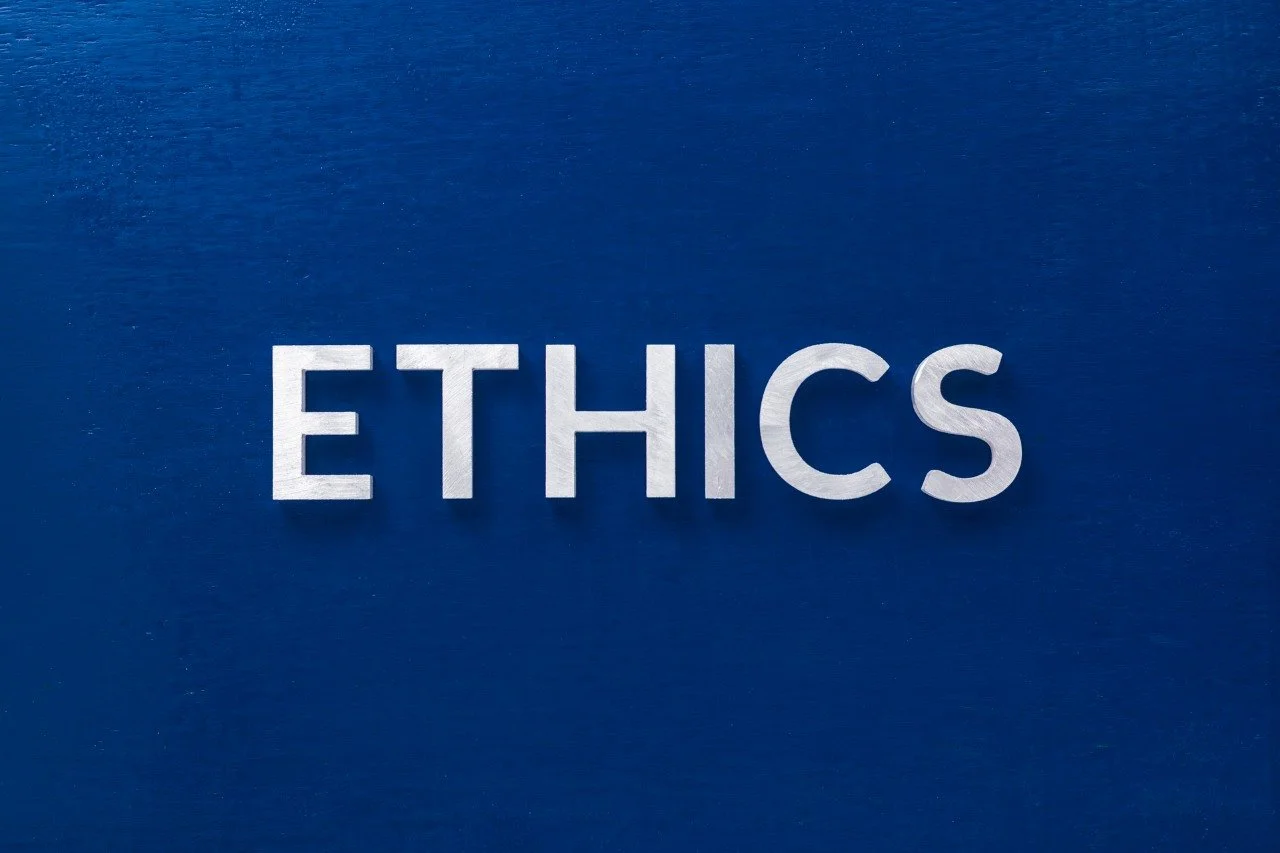Ethics in audio editing: A complete guide
In the digital age, audio editing plays a key role in various fields, including journalism, entertainment, and podcasting. With powerful editing tools at their disposal, editors can enhance sound quality, remove background noise, and create engaging content. However, ethical concerns arise when edits alter the original meaning, misrepresent individuals, or manipulate listeners. Understanding and applying ethical audio editing principles ensures fairness, transparency, and credibility in audio production. This guide explores key ethical principles, common dilemmas, and best practices to help professionals navigate the complexities of ethical audio editing.
What Is audio editing ethics?
Audio editing ethics refers to the principles and guidelines that ensure honesty, integrity, and fairness in the manipulation of sound recordings. Ethical audio editing practices help maintain credibility in journalism, podcasts, music production, and other media industries. Ethical considerations become even more critical as editing technologies evolve, allowing for advanced alterations that can shape perceptions and influence audiences.
Key principles of ethical audio editing
Accuracy and truthfulness
Ensuring accuracy and truthfulness in audio editing is fundamental. Editors must avoid distorting facts or altering content in a way that misleads listeners. Selective editing, which removes context or changes meaning, can be deceptive. Ethical editing should enhance clarity while preserving the intent and authenticity of the original recording.
Transparency and disclosure
When edits are made to an audio recording, transparency is crucial. If an audio piece is heavily edited or manipulated, informing the audience about these changes is an ethical obligation. Whether in journalism, documentary work, or even entertainment, disclosing edits prevents misleading the audience and maintains trust.
Fair representation of subjects
Editing should not misrepresent individuals or situations. Altering voice recordings to change meaning, removing key statements to distort context, or manipulating dialogue to favor one side over another violates ethical standards. Fair representation ensures that subjects in audio content are portrayed accurately and respectfully.
Consent and permissions
Obtaining consent before using or modifying recorded audio is essential. Informed consent ensures that participants understand how their voices or statements will be used. This is particularly important in interviews, private conversations, and AI-assisted voice cloning, where ethical considerations around identity and ownership arise.
Secure your videos with automated redaction.
Common ethical dilemmas in audio editing
Editing for clarity vs. manipulation
One of the most common ethical dilemmas in audio editing is balancing clarity with the risk of manipulation. Removing background noise, fixing audio glitches, or enhancing dialogue for better understanding is ethical. However, cutting statements in a way that alters meaning or creates a misleading narrative is unethical. Ethical audio editors must ensure that their work improves clarity without compromising truth.
Use of AI and voice cloning in audio editing
AI-driven audio editing tools and voice cloning technology present new ethical challenges. While these tools can improve efficiency and enhance creativity, they also introduce risks of deception and misuse. Deepfake audio, synthetic voices, and AI-generated speech must be used responsibly, with clear disclosure when artificial elements are involved. Ethical use of AI in audio editing involves respecting individuals’ voices and ensuring that AI-generated content does not mislead or manipulate audiences.
Music and sound effects: Ethical use
Music and sound effects significantly impact the emotional tone of an audio piece. Ethical audio editing involves using licensed music, obtaining necessary permissions, and crediting original creators. Misrepresenting original compositions or using misleading sound effects to exaggerate reality can be unethical. Editors should ensure that audio embellishments align with the truth of the content they accompany.
Best practices for ethical audio editing
Establishing ethical guidelines for your work
To maintain integrity in audio editing, professionals and organizations should establish clear ethical guidelines. These guidelines should address:
The extent to which edits can be made without altering the original meaning
Transparency in disclosing edits and AI usage
Consent protocols for recording and modifying voice content
Adherence to copyright laws and fair use policies
Using editing tools responsibly
Audio editing software and AI tools provide powerful capabilities, but their ethical use depends on the editor’s judgment. Editors should:
Use tools to enhance clarity, not manipulate meaning
Avoid using AI-generated content without proper disclosure
Ensure that automation does not lead to unintended distortions
Fact-checking and peer review
To uphold ethical standards, fact-checking and peer review processes should be part of audio editing workflows. Verifying the authenticity of edited content helps prevent unintentional distortions or misrepresentations. Collaborating with colleagues or third-party reviewers can also provide an additional layer of ethical oversight.
Final thoughts
Ethical audio editing is essential in maintaining trust and credibility across various industries. As technology advances, the responsibility to uphold integrity becomes even more critical. By adhering to ethical principles such as accuracy, transparency, fair representation, and consent, audio editors can create content that is both impactful and trustworthy.
For professionals looking to enhance privacy and security in their audio and video content, explore our video and audio privacy solutions, at Pimloc. Ethical editing practices, combined with responsible technology use, ensure a future where audio content remains truthful and reliable.



